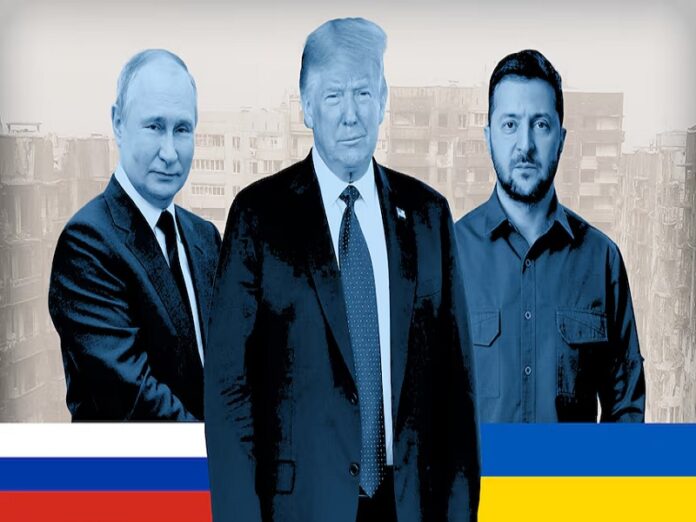The US’ mediation between Russia and Ukraine captivated the world due to the hopes that many observers had of it leading to a breakthrough, but expectations have since been tempered, including on the American side as evidenced by the toughening of its negotiating stance towards Russia. The latest developments saw Ukraine and the West demand Russia’s compliance with an unconditional ceasefire, to which Putin reacted by offering the unconditional resumption of bilateral talks with Ukraine instead.
Zelensky’s response was to declare that he’ll visit Istanbul on Thursday, the place and day that Putin suggested for resuming bilateral talks, though it’s unclear whether the Russian leader will go. The spring 2022 peace process that Putin mentioned in his video address early Sunday morning only involved their delegations, not direct talks between their presidents, plus Putin considers Zelensky to be illegitimate now. He’s also unlikely to meet him unless Zelensky agrees to significant concessions ahead of time.
Therein lies the problem because Zelensky refuses to budge on Putin’s demands that Ukraine restore its constitutional neutrality, demilitarize, denazify, and cede the disputed territories, and Trump won’t coerce him into doing so either. The only outcome from the US’ mediation efforts thus far has been talk of a strategic partnership with Russia, likely built upon energy and rare earth cooperation, that’s it. From Russia’s perspective, it looks like the US wants to buy it off, not resolve the core issues of this conflict.
The US is the only country with leverage over Russia and Ukraine that could be wielded to influence them into compromising as part of a grand deal, something that other potential mediators like China and Turkiye lack, yet its approach has been uneven. The US is threatening Russia with more sanctions and possibly even more military aid to Ukraine, while all that Ukraine is threatened with is the US walking away from the conflict, but it just greenlit a new missile package so that might just be a bluff.
If the US doesn’t soon correct its approach to evenly pressure Russia and Ukraine, and seeing as how no other country is capable of wielding leverage over both to influence them into compromising, then third-party mediation will have reached its limits. In that event, an escalation might be inevitable, either due to Russia initiating it through the potential expansion of its ground campaign into new regions and/or the US defiantly doubling down in support of Ukraine if Trump blames Putin for the peace talks’ collapse.
Putin hasn’t signaled that he’s willing to freeze the conflict and thus tacitly drop all his other demands, which could also create space for the Europeans to possibly deploy uniformed troops to Ukraine during an unconditional ceasefire, so he’s bound to get on Trump’s bad side unless something changes. If Trump “escalates to de-escalate” on these terms, then he risks a hot war with Russia, while walking away could make him responsible for one of the West’s worst geopolitical defeats if Russia then steamrolls Ukraine.
Trump is about to be placed into this dilemma due to his unwillingness or inability to coerce Ukraine into Russia’s demanded concessions. It would be better for him to make a clean break from this conflict in that case than to escalate US involvement, but the minerals deal and subsequent weapons packages suggest that he’s more likely to double down. He’d then ruin his desired legacy as a peacemaker, however, and undermine his planned “Pivot (back) to Asia” for more muscularly containing China.
